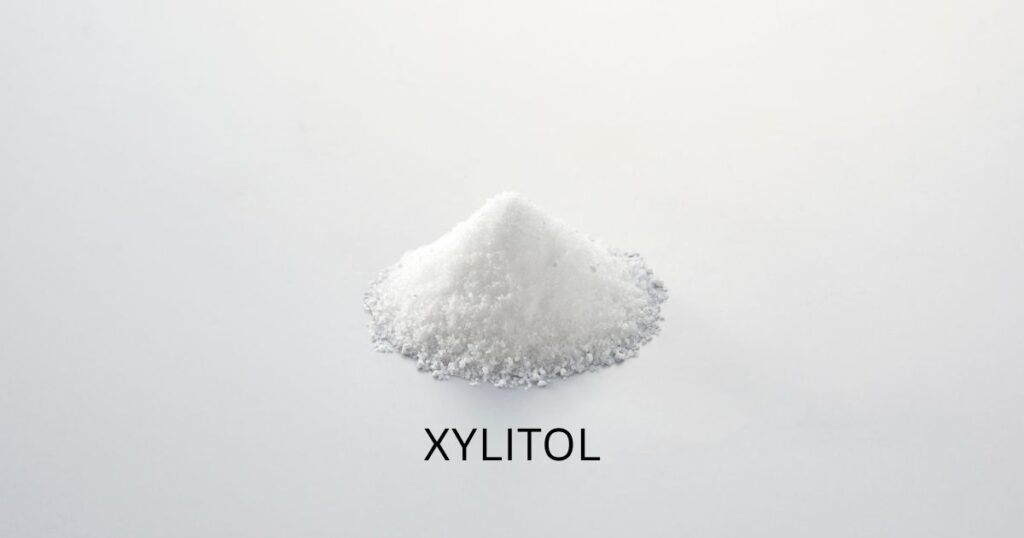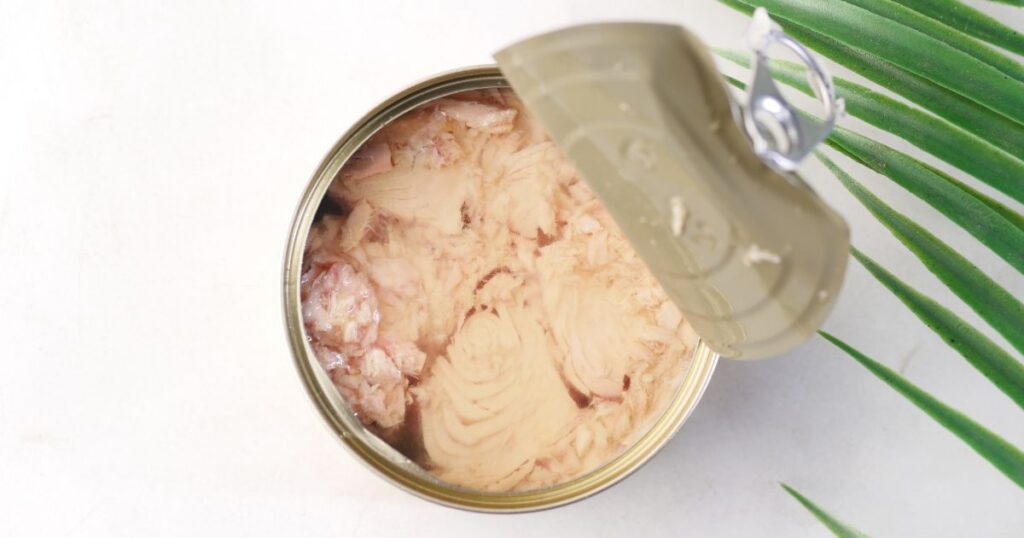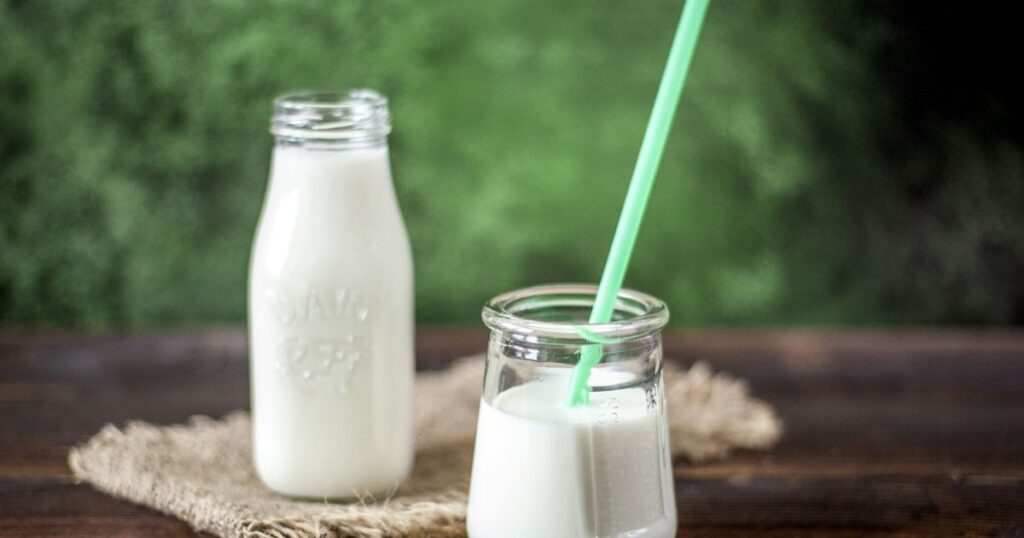
Foods You Didn’t Know Were Toxic to Cats
Protecting Your Feline Friend Starts in the Kitchen
Cats have a reputation for being picky eaters, but sometimes their curiosity can lead them to sneak a bite of something they shouldn’t. While most cat owners know chocolate is off-limits, there are several other common foods that can be surprisingly dangerous to your feline friend. Here’s a list of everyday foods you might not know are toxic to cats—and why it’s important to keep them out of paw’s reach.
1. Onions, Garlic, Chives, and Leeks

These flavorful ingredients are staples in many kitchens, but even small amounts can be harmful to cats. They can damage red blood cells and lead to anemia. Whether raw, cooked, powdered, or dehydrated—avoid them all.
Watch for:Lethargy, pale gums, rapid breathing, and vomiting.
2. Grapes and Raisins

These might be healthy for you, but they’re potentially deadly for cats. While the exact toxin is still unknown, grapes and raisins have been linked to kidney failure in some pets—even in small amounts.
Watch for:Vomiting, diarrhea, lethargy, or decreased appetite.
3. Caffeine (Coffee, Tea, Energy Drinks)

Cats are much more sensitive to caffeine than humans. Ingesting coffee grounds, tea bags, or any caffeinated drink can cause rapid heart rate, restlessness, and even seizures.
Watch for:Hyperactivity, muscle tremors, or rapid breathing.
4. Alcohol (Yes, Even in Small Sips)

Even tiny amounts of alcohol can be extremely dangerous for cats. It affects their liver and brain much faster than in humans and can quickly lead to coma or death.
Watch for:Vomiting, disorientation, lack of coordination.
5. Xylitol (Found in Sugar-Free Gum and Baked Goods)

Xylitol is a common sugar substitute in sugar-free products and baked goods. While it’s more toxic to dogs, it’s still unsafe for cats and can lead to blood sugar drops or liver damage.
Watch for:Vomiting, lethargy, seizures.
6. Raw Dough with Yeast

Raw bread dough can rise in a cat’s warm stomach, causing bloating and even alcohol poisoning due to fermentation. Never let your cat sample raw baking ingredients.
Watch for:Distended abdomen, discomfort, uncoordinated movements.
7. Tuna (In Excess)

A little tuna here and there isn’t toxic—but too much (especially canned tuna meant for humans) can lead to mercury poisoning or nutritional deficiencies. Tuna also lacks vital nutrients cats need, like taurine.
Watch for:Muscle weakness, loss of balance, or vision issues with long-term overfeeding.
8. Bones and Fat Trimmings

It may be tempting to give your cat a treat from the dinner table, but cooked bones can splinter and cause choking or internal damage. Fat trimmings can lead to pancreatitis—a painful and potentially life-threatening condition.
Watch for:Vomiting, abdominal pain, or a hunched posture.
- 9 Best Cat Accessories That Instantly Upgrade Your Cat’s Life
- Food You Didn’t Know Were Toxic To Cats
- How To Keep Your Cat From Scratching The Furniture
- 10 Superfoods That Are Safe and Healthy for Your Cat
- Reasons To Adopt A Black Cat
9. Avocado

Avocados contain persin, a fungicidal toxin, which can cause serious health problems — even death — in many animals. Contains a toxin called persin.
Watch for : Vomiting, diarrhea, gastrointestinal upset and heart muscle damage.
10. Dairy Products

Most cats are lactose intolerant, meaning they cannot properly digest lactose in milk and other dairy products
Watch for : Stomach upset, diarrhea and gas
11. Raw Eggs

Can carry bacteria like Salmonella, which can lead to food poisoning. Raw egg whites contain avidin, a protein that can interfer with the absorption of Biotin, a B vitamin essential for healthy skin and coat.
Watch for:vomiting, diarrhea, lethargy, and even death in cats if left untreated.
12. Nuts

Macadamia nuts can be toxic to cats.
Watch for: Weakness, vomiting and tremors.
,
What Should You Do if Your Cat Eats Something Toxic?
If you suspect your cat has ingested something dangerous, don’t wait for symptoms to appear. Call your veterinarian or an animal poison control hotline immediately. Quick action can make all the difference.
Final Thoughts
Cats are curious creatures, and they trust us to keep their environment safe. Knowing which foods are toxic can help prevent accidents before they happen. Keep human food safely stored, avoid feeding from the table, and stick to vet-approved treats made just for cats.
Because when it comes to our pets, it’s better to be safe than sorry.